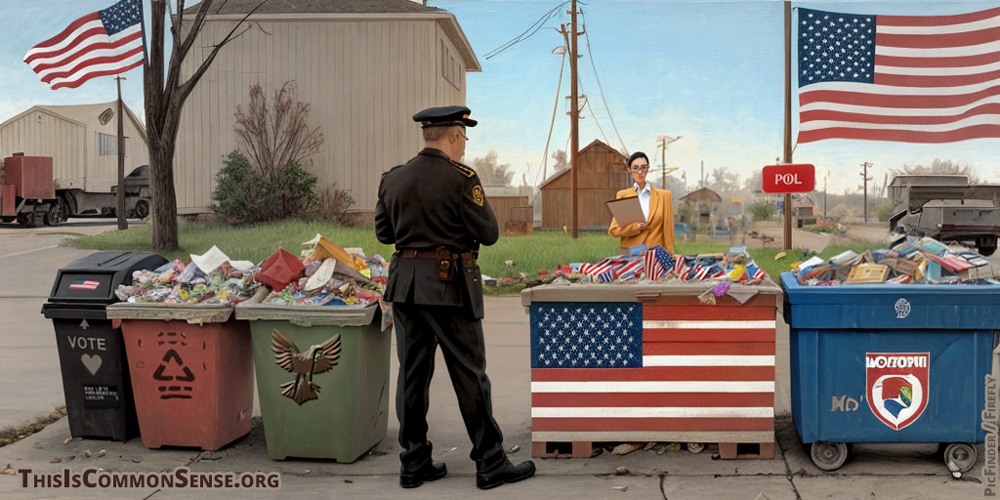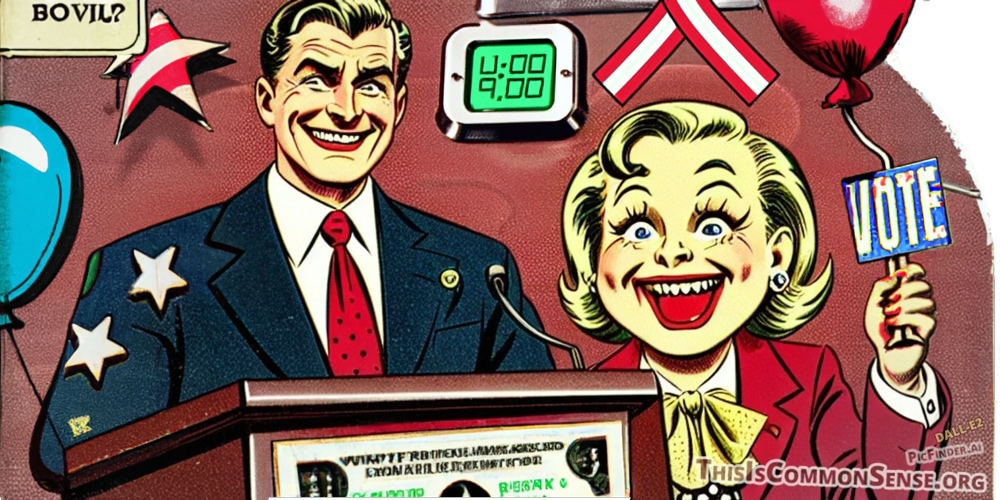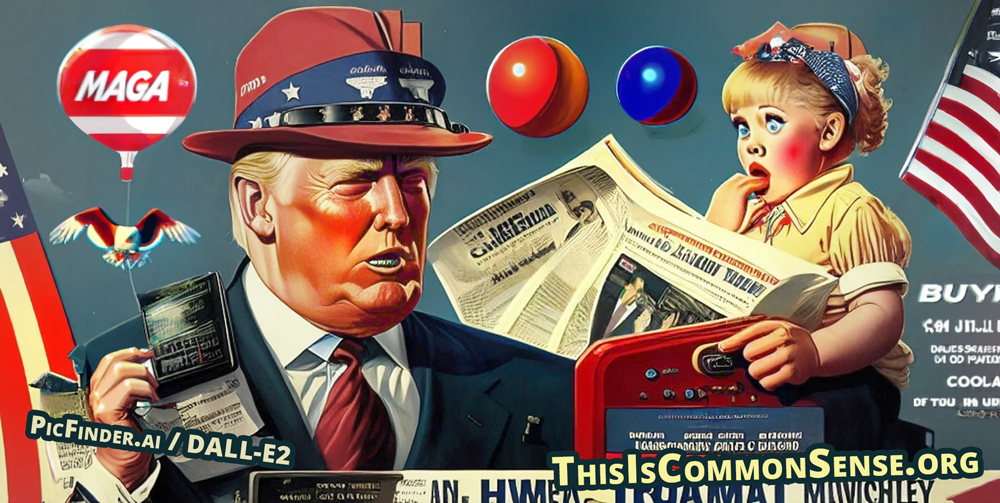In our nation’s capital, local voting rights are expanding and metastasizing so fast it is hard to keep up.
Exhibit A, a 12-1 vote of the City Council last year, telling the world: It is absolutely crucial to our democracy that China’s ambassador to the United States be given the same vote on who should be mayor, council member, or decide ballot measures, that any American citizen living in the District of Columbia would be entitled.
Hey, let’s not disenfranchise the spies working out of the Russian embassy, either. Let ’em all vote!
After all, they pay taxes. Might have their kids in the schools.
In the country illegally? Fuhgeddaboudit! You can vote in DC. In fact, if an invading army took Washington by military force, and then held it for 30 days, the enemy soldiers could legally vote themselves into office.
If only this were hyperbole!
A year ago, all the Republicans — along with 1 in 5 Democrats — in the U.S. House voted to nix the District’s crazy foreign citizen voting plan, as is Congress’s constitutional authority. But the Democrat-controlled Senate refuses to act.
Last week, Abel Amene, whose Ethiopian family was granted asylum more than 20 years ago, became the first non-citizen to be elected to a D.C. office. Abel won one of nearly 300 seats on the Advisory Neighborhood Commission, where the average district contains roughly 2,000 residents.
My only question: why hasn’t he become a citizen?
While the ANC has absolutely no power whatsoever, it is likely that its commissioner, Vanessa Rubio, lusts for more power and authority. Earlier this week she was fined $500 for voting twice in the 2020 election — once in Maryland and another time in Washington, D.C.
She originally told authorities she did not recall voting twice. Later she suggested that because D.C. isn’t a state, voting there didn’t count . . . as if everyone gets one vote in Washington and another where they actually live.
Rubio’s 2020 fraud reminds us that not every vote should count.
This is Common Sense. I’m Paul Jacob.
Illustration created with PicFinder and Firefly
—
See all recent commentary
(simplified and organized)





